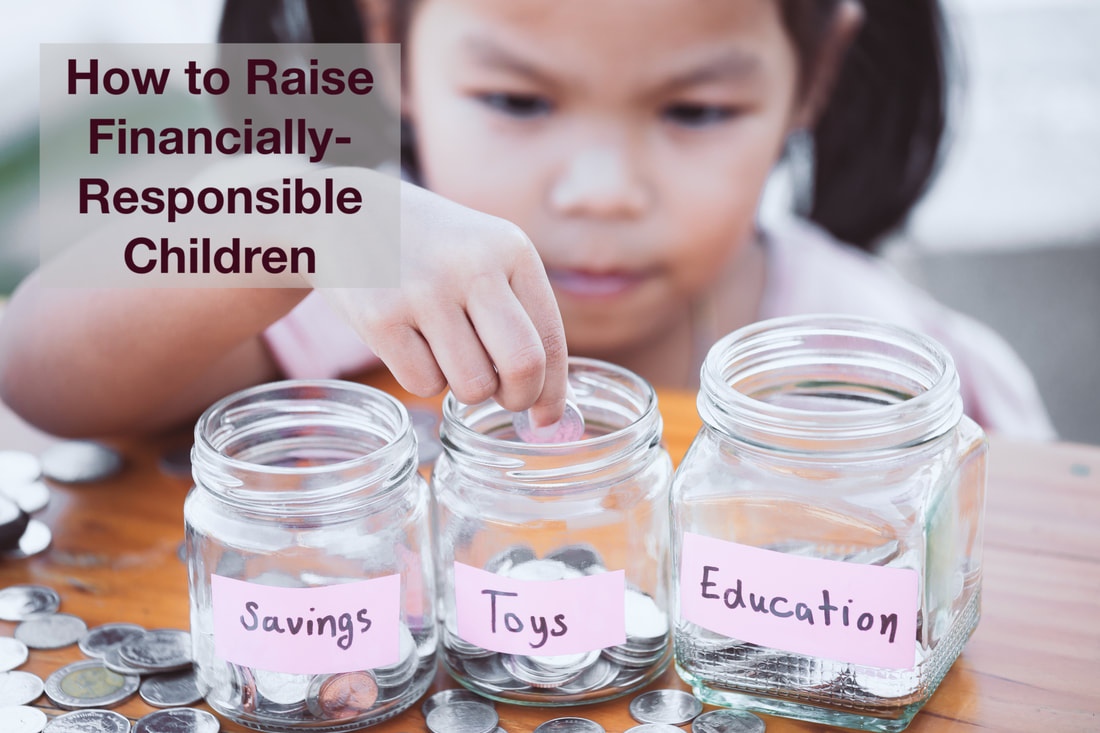|
Investment advisory services are offered through Eos Financial Planning LLC, an investment advisor registered with the Commonwealth of Massachusetts and state of New York.
|
INFORMATION |
© Eos Financial Planning LLC 2024. All Rights Reserved.


